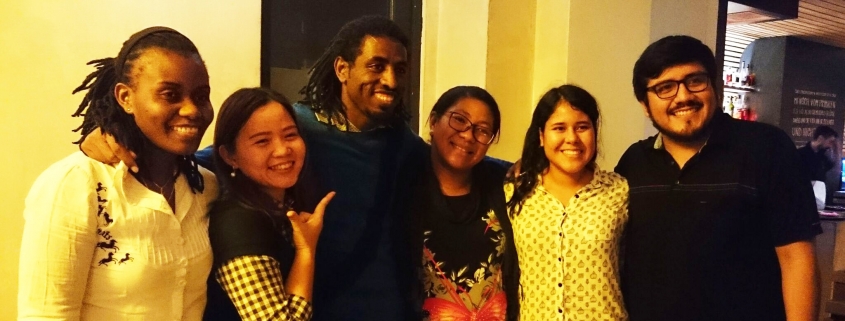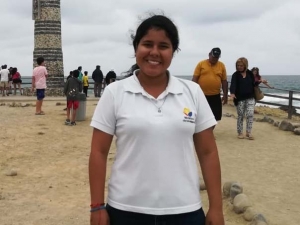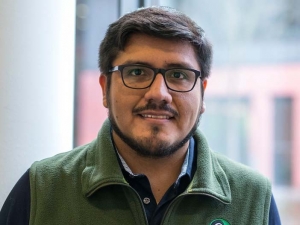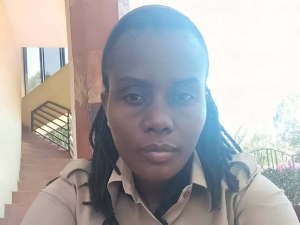In the last two years, the “Frankfurt Spring School on Conservation Project Management” has seen aspiring early career conservationists from across the globe accumulate to grow their knowledge and skills in preparation for successful conservation project managers.
From the 4th to the 29th of March 2019, our leading conservationists, financial experts, HR leaders and communications specialists will provide the ultimate crash course to 30 Spring School participants.
YOU could be on the receiving end of this invaluable opportunity.
Over four intensive weeks, the programme will provide training in four in-depth teaching modules:
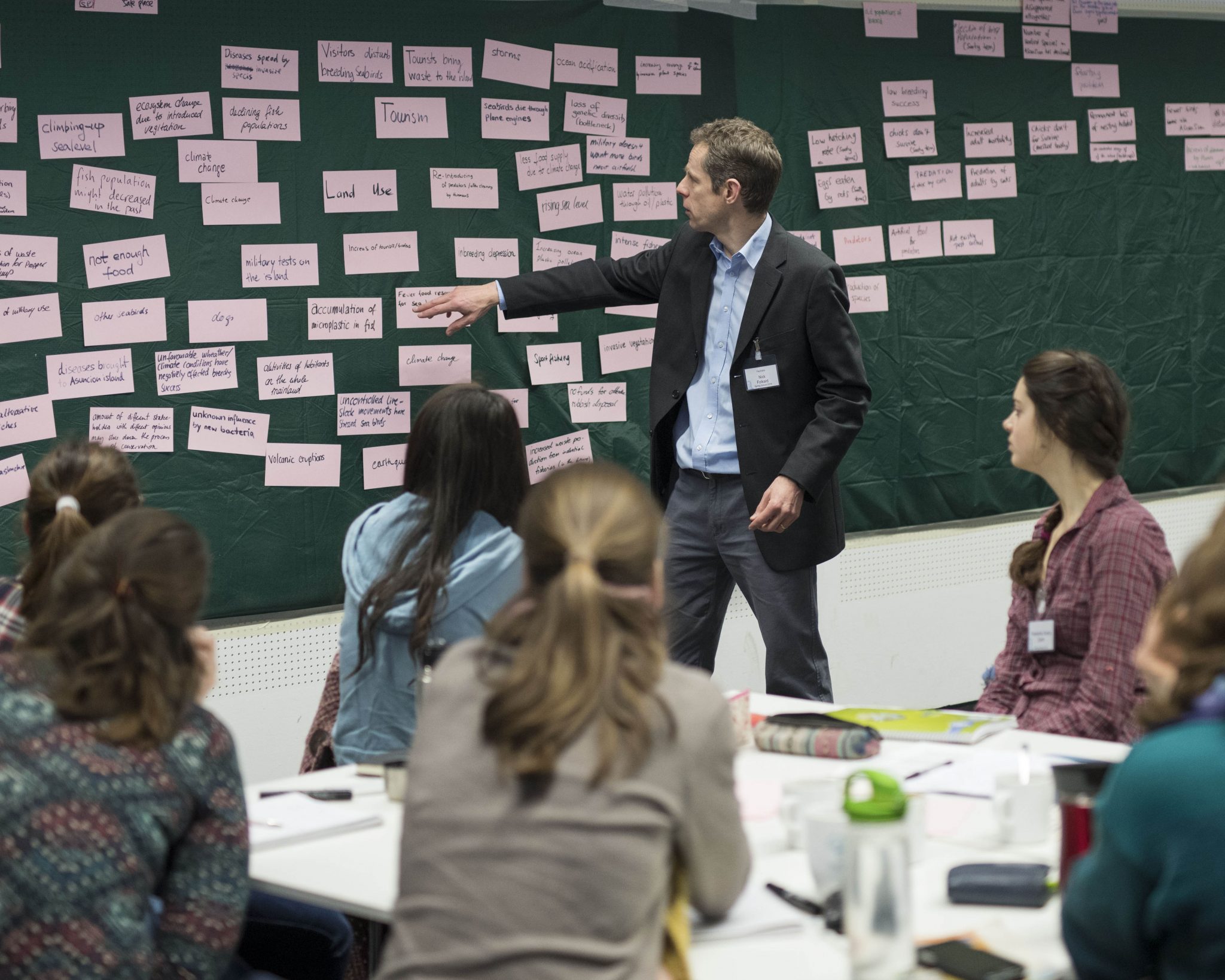
Our professionals are here to help you grow your ideas. (c) Daniel Rosengren
Project management – Accurate planning, monitoring and evaluation are critical to project success. Learn how conservation organisations manage their projects.
Human resources & personnel management – Understand how a skilled conservation project manager becomes a strong and understanding leader who can recognise talent and nurture the skills of themselves and their team.
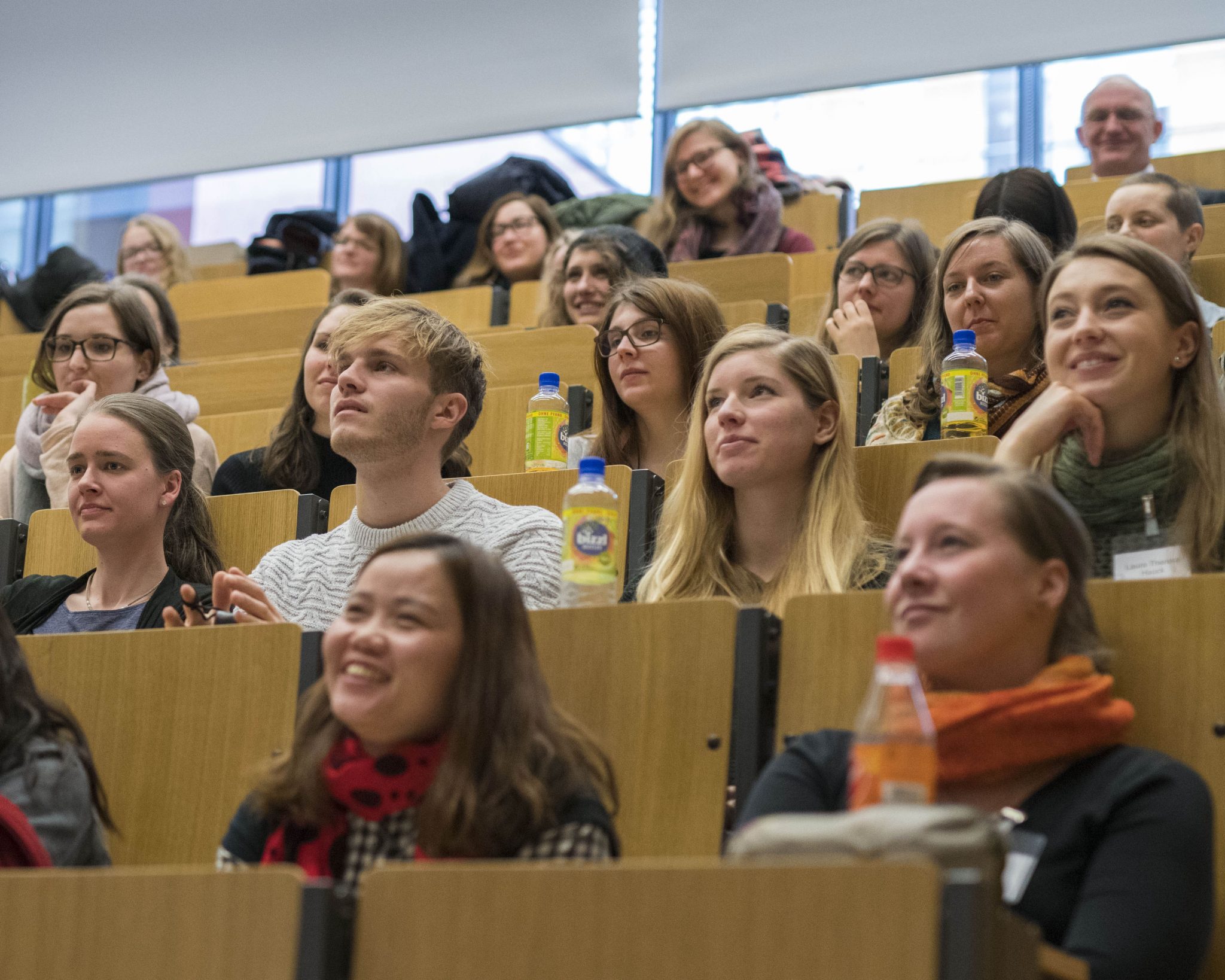
A chance to learn from global conservation experts and pioneers.
(c) Daniel Rosengren
Financial management – Learn the basic elements of financial management and navigate examples of the funding systems that drive real-life conservation projects. Without money, achieving project success is impossible.
Performance skills – Training in communications, writing ability, presentation skills and time/self and conflict management will provide you with some of the key skills needed to be a professional project manager.
Organisational development – Learn how to develop a strategy for your organization and why it is important to have one.
In addition, the programme includes a chance to understand the scientific research behind conservation efforts, an excursion to get a first-hand experience of wilderness conservation, and plenty of opportunities to spend time with your new colleagues.
Do you have a passion for conservation, a strong work ethic and the drive to improve? Then, the Frankfurt Spring School might be the place for you.
Click here to learn how to apply! Application deadline 1st of November 2018.
Wondering how the Frankfurt Spring School can directly affect your career?
We caught up with some of our 2018 participants to see how they’ve advanced in the last four months.
Zsofia Puskas entered a position with WWF Germany just weeks after the conclusion of Frankfurt Spring School 2018. Knowledge gained during the course on how to carry out real world conservation has aided her efforts towards the reintroduction of the critically endangered northern bald ibis (Geronticus eremita) in Central Europe.
Skills learnt in the Frankfurt Spring School modules on conservation project management, time/self-management, and financial planning have been of great assistance to
Alex Seliger as he carries out work towards a M.Sc. in landscape ecology and nature conservation, within the National Park ‘Vorpommersche Boddenlandschaft’ (Baltic Coast, Germany).
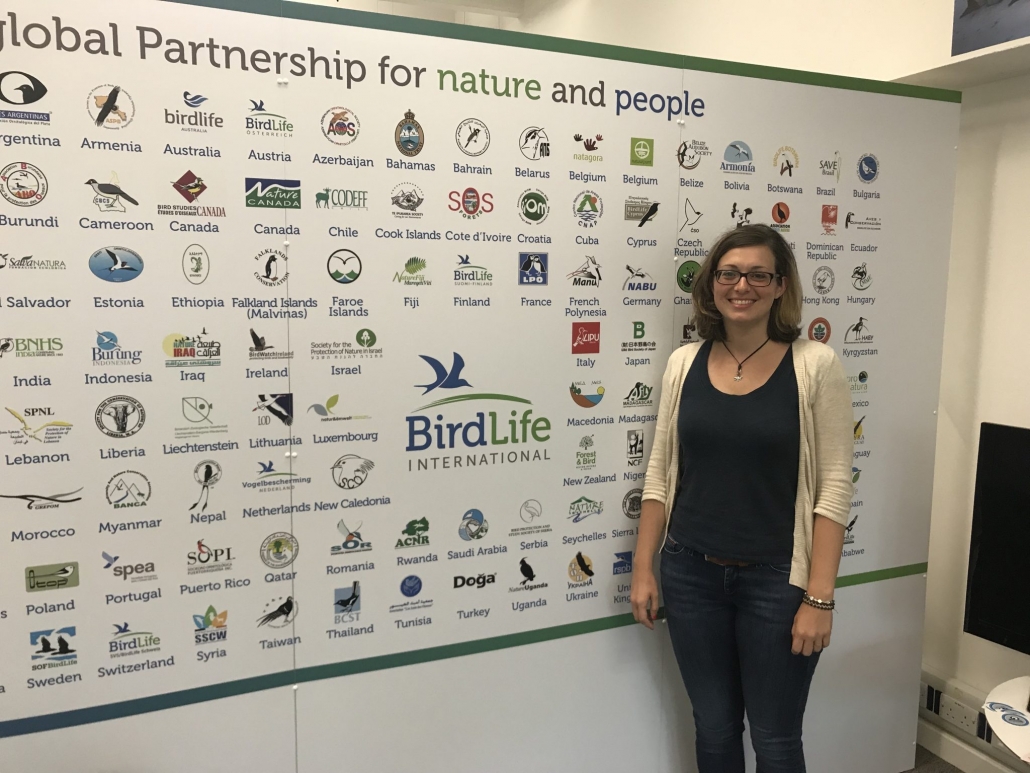
Spring School participant Claudia Hermes is now working at BirdLife International. (c) Michael Brombacher
Shortly after Frankfurt Spring School, Claudia Hermes began to work at conservation giant “BirdLife International”, supporting work on the red list of critically endangered species. “The Spring School programme taught me exactly what to expect from working in a conservation NGO. Modules on finding a job in conservation were extremely helpful for me.”
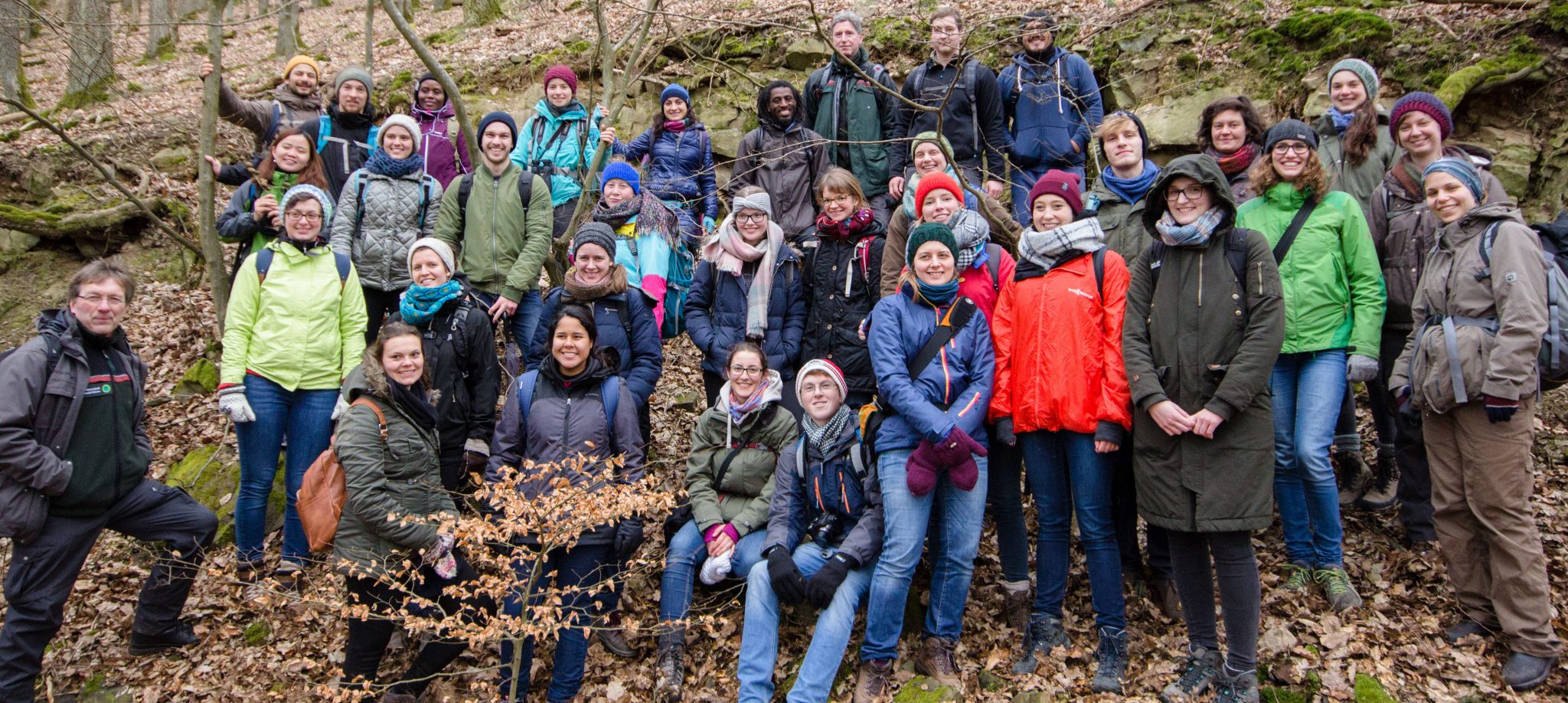
Our 2018 participants are now beginning their careers with a fresh set of skills and ideas. Could you be one of these faces in 2019? (c) Jeldrik Schroer

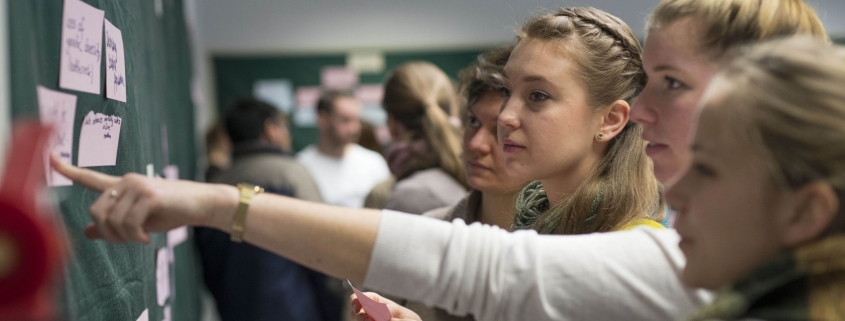 Daniel Rosengren
Daniel Rosengren